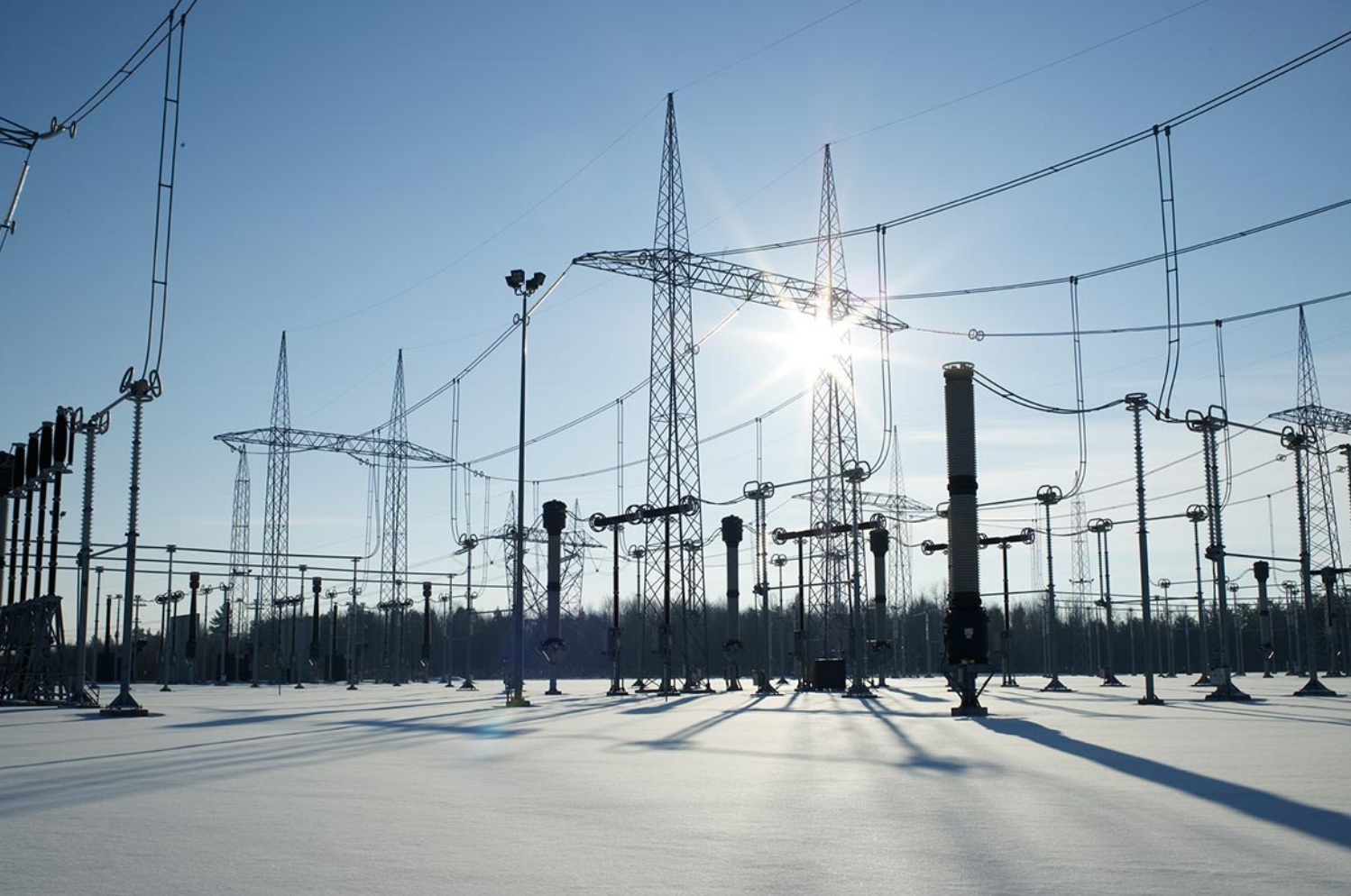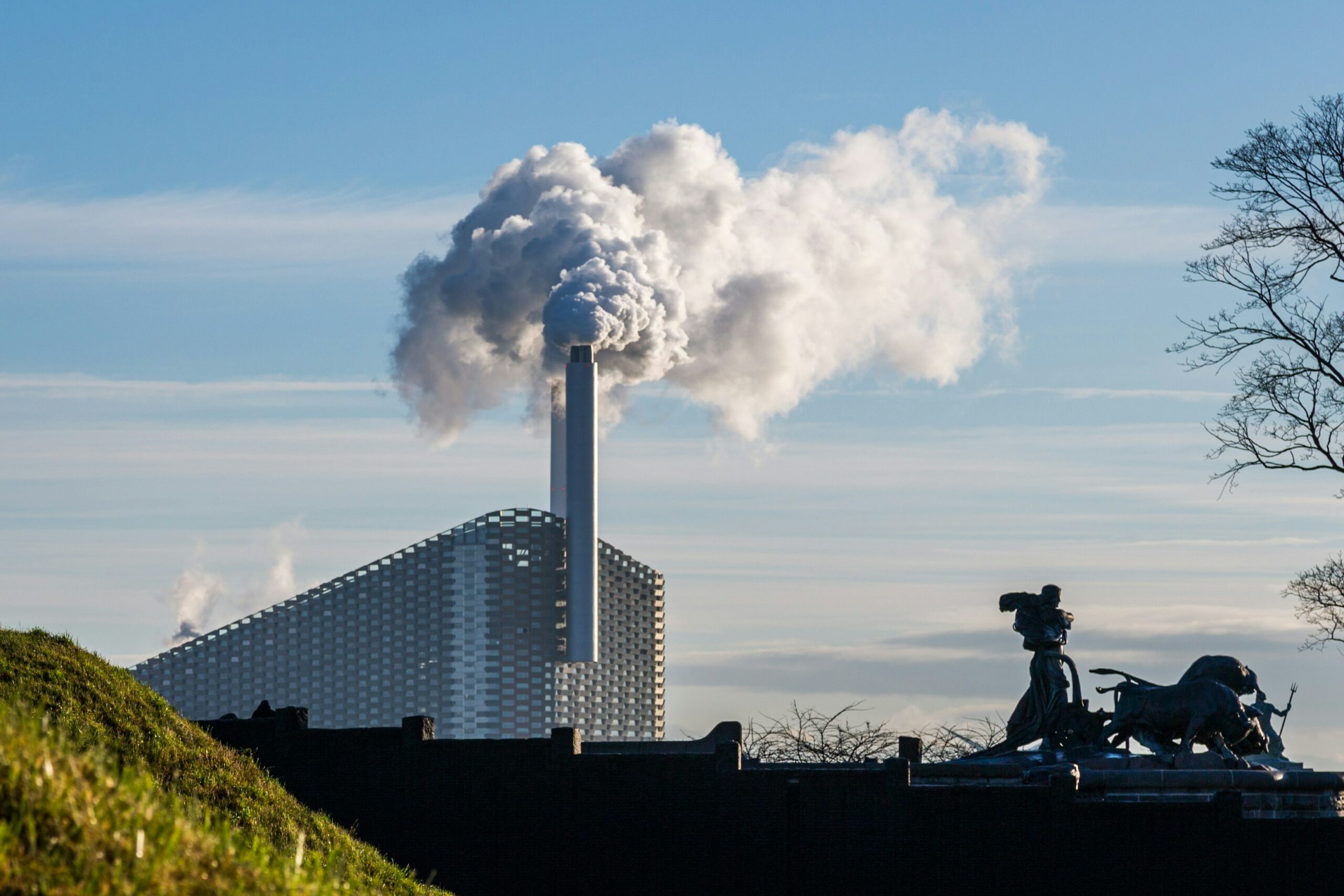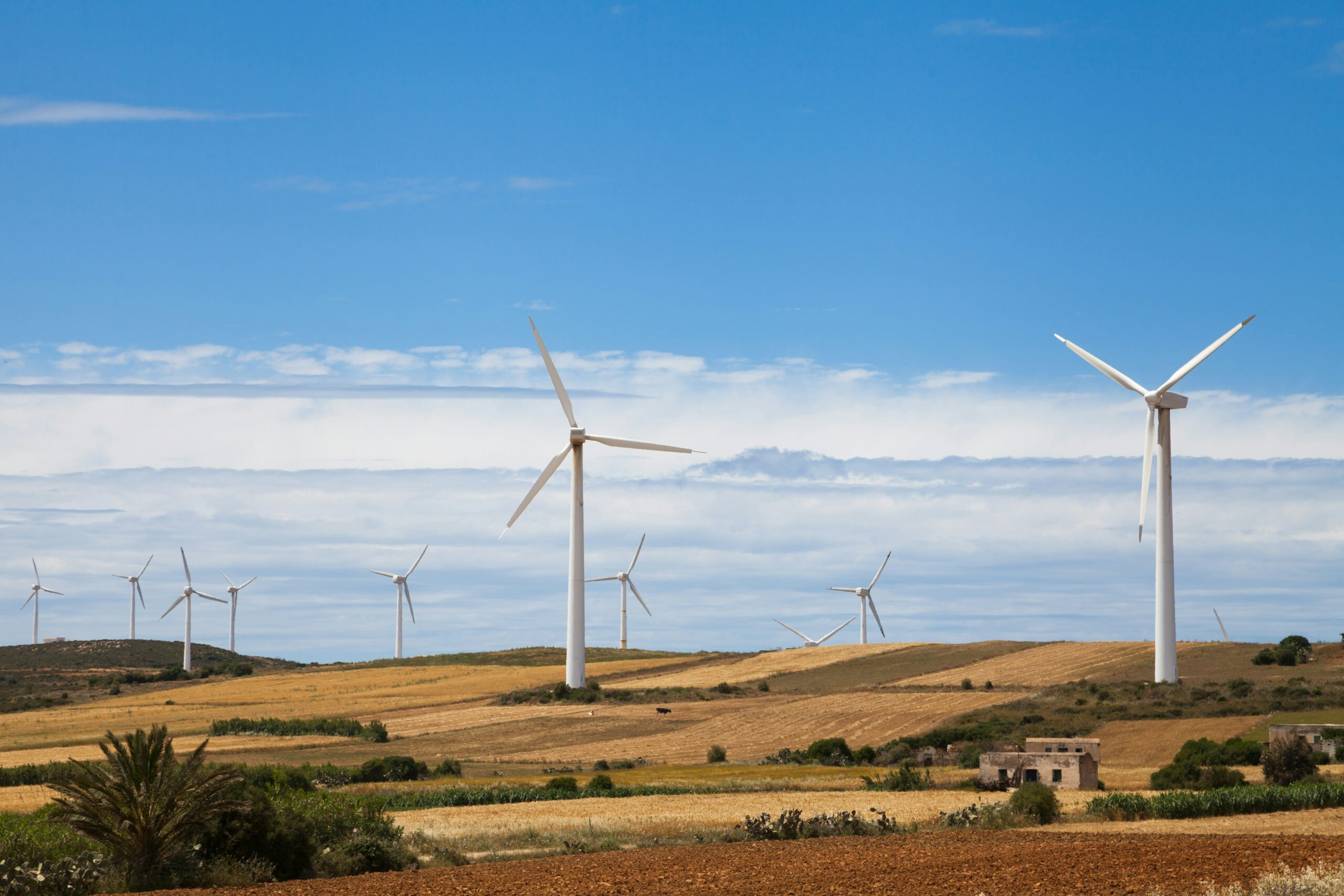Hydro-Quebec, an energy generator and distributor responsible for 94% of all electricity generated in the province, recently announced a C$10 billion energy efficiency program.
Targeting residential, commercial, and industrial customers, the pathway announced by Hydro-Quebec aims to reduce energy consumption by 21 TWh – the equivalent of one in four households – by 2035.
To achieve these aims, Hydro-Quebec has outlined a program that includes introducing new technologies, supporting households and industries in new processes, and financial support for reducing operating and maintenance costs for industries.
In the residential sector, Hydro-Quebec will offer 1 million smart thermostats free of charge, and will coordinate with companies to distribute these thermostats. It will also encourage smart retrofits to ensure the best use of energy.

Starting in 2027, Hydro-Quebec said it would also charge premium rates to households that consume more than 50,000 KWh per year.
For commercial and institutional customers, it is creating a new alliance to gather managers of large buildings – which are responsible for 14% of energy losses in the province – to lower energy demand. The utility is also encouraging commercial enterprises to limit lighting use for non-occupied spaces and reduce heating and cooling from 1-2 degrees Celsius during office hours.
Hydro-Quebec will also offer financial support for companies to buy the necessary equipment to reduce energy bills.
For industrial customers, Hydro-Quebec plans to provide technical and financial support to reduce operating and manufacturing costs for industries, which includes creating a customized plan for each industrial site. The utility also wants to work with these customers to follow the ISO 50001 standard for energy management systems.
Hydro-Quebec also said it would work with the Quebec government to mandate the disclose the energy consumption of buildings, assign a performance rating, and set improvement targets for both commercial and industrial buildings.
The utility is also pushing for the government to prohibit the sale of new equipment that is not energy efficient.
It is also working with the construction industry to improve its construction and renovation standards, and said it would provide financial support for these programs.
Hydro-Quebec is also targeting strategic partnerships with manufacturers to aid them in determining their equipment needs, and is also committed to provide additional energy efficiency training for workers, including installers and electricians.
Utility’s goals puts it at the head of the pack
The energy efficiency strategy has come among increasing strains for Hydro-Quebec, which has seen demand for energy increase substantially while generation has struggled to keep up. Hydro-Quebec not only powers Quebec, but has electricity export contracts with Ontario, New Brunswick, and both New York City and New York State. It has also has contracts with several states in New England.
Discussions in Quebec have also highlighted how the low price of power has encouraged profligate energy use in the province.
Business owners have also complained about the lack of access to a stable electricity source, prompting the utility to reassure commercial and residential customers that demand would be met without interruption.
Recent severe weather has also exposed the vulnerability of the distribution infrastructure, with unusually strong storms knocking down wires and resulting in outages for thousands.
In a report this week, the North American Electric Reliability Corporation found that Quebec’s grid was particularly vulnerable due to the projected demand growth, particularly during severe winter weather conditions. NERC recommended an additional 12 to 14 GW of transfer capability to ensure enough power to manage these events.
Ambitious Plan
Hydro-Quebec’s energy efficiency plan easily puts it on the leader board compared with other provinces, Efficiency Canada Research Director James Gaede told Climate Insider.
Efficiency Canada calculates effectiveness by benchmarking energy savings to annual spending on energy efficiency programs. Hydro-Quebec’s plan places the utility in the 1% to 1.2% range.
“Over the past 6 years we’ve been doing this, 1.4% has been the high-water mark,” Gaede said. “If Hydro-Quebec is getting over 1%, that’s a really strong performance.”
One tool Hydro-Quebec is using to encourage energy savings is a demand response option.
The utility has created an incentive for customers to shift or reduce their electricity demand at a particular time when Hydro-Quebec finds it useful, Gaede said.
“If demand is close to peak, [Hydro-Quebec] can say to a customer, ‘if you shut down your production for the next three hours, you’ll get a financial benefit.”
This will be particularly helpful given the increasing demands of electrification of industry and transport, he added.
“Electrification will mean that peaks will be higher,” Gaede said. “By having an emphasis on demand response, it’s going to help to manage those things.”
Gaede is also encouraged that Hydro-Quebec is taking this approach to demand management, instead of relying on natural gas generation to manage those peaks.
Quebec is also going one step further with its financial support for the ISO 50001, the international standard for energy management systems. It plans to introduce financial support to help industrial companies implement the ISO standard to reduce consumption.
“Other utilities [in Canada] support the standard, but there’s no financial support to get the certification,” Gaede said.
Gaede was also encouraged by Hydro-Quebec’s stated intention to provide targeted support for vulnerable sectors. Hydro-Quebec specified to Climate Insider that it meant households with lower incomes.
“It’s encouraging to hear that Hydro-Quebec plans to do more for low-income households,” Gaede said. “In the past, Quebec has not very well on this part of our [efficiency ranking] scorecard.”








